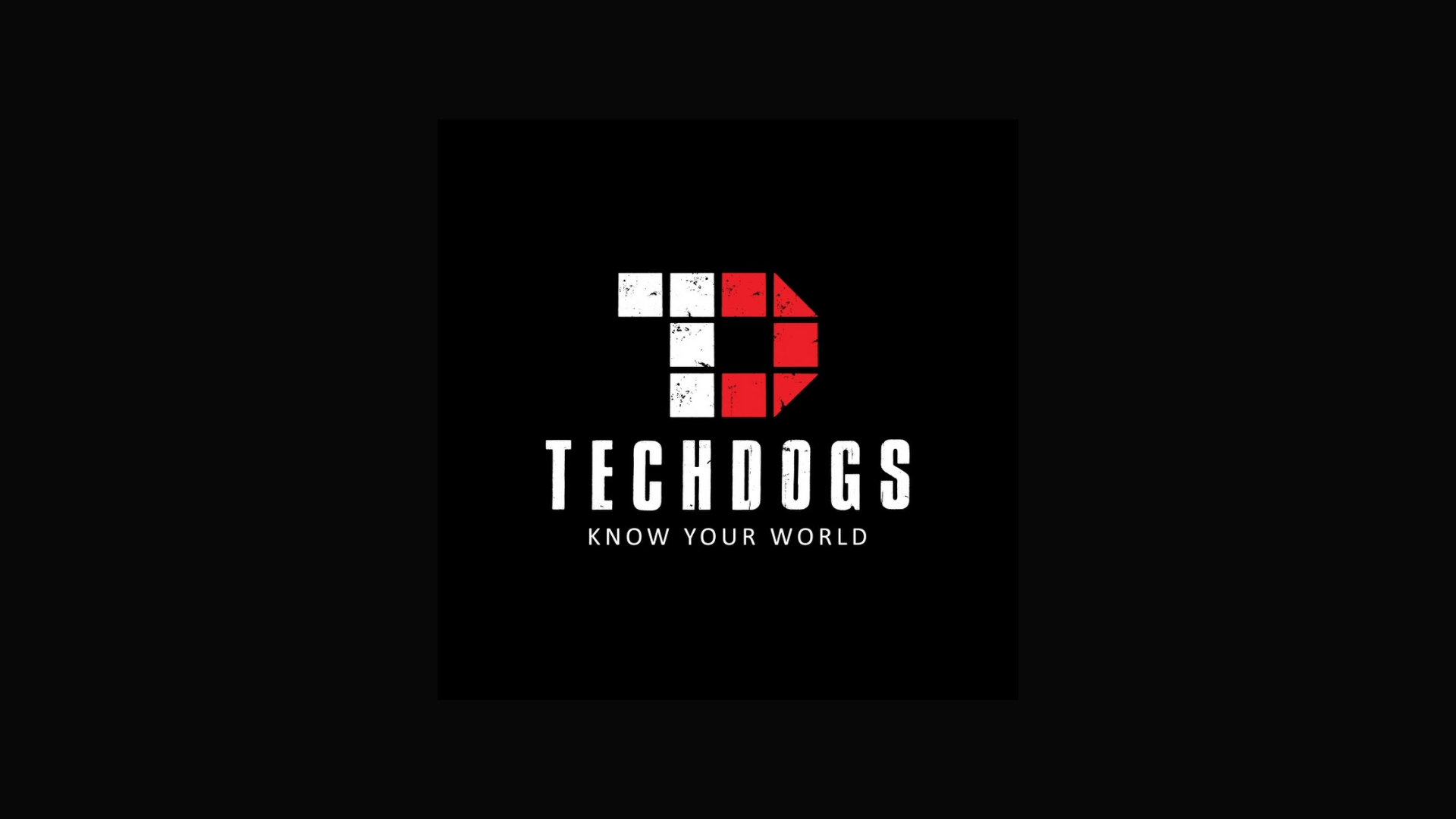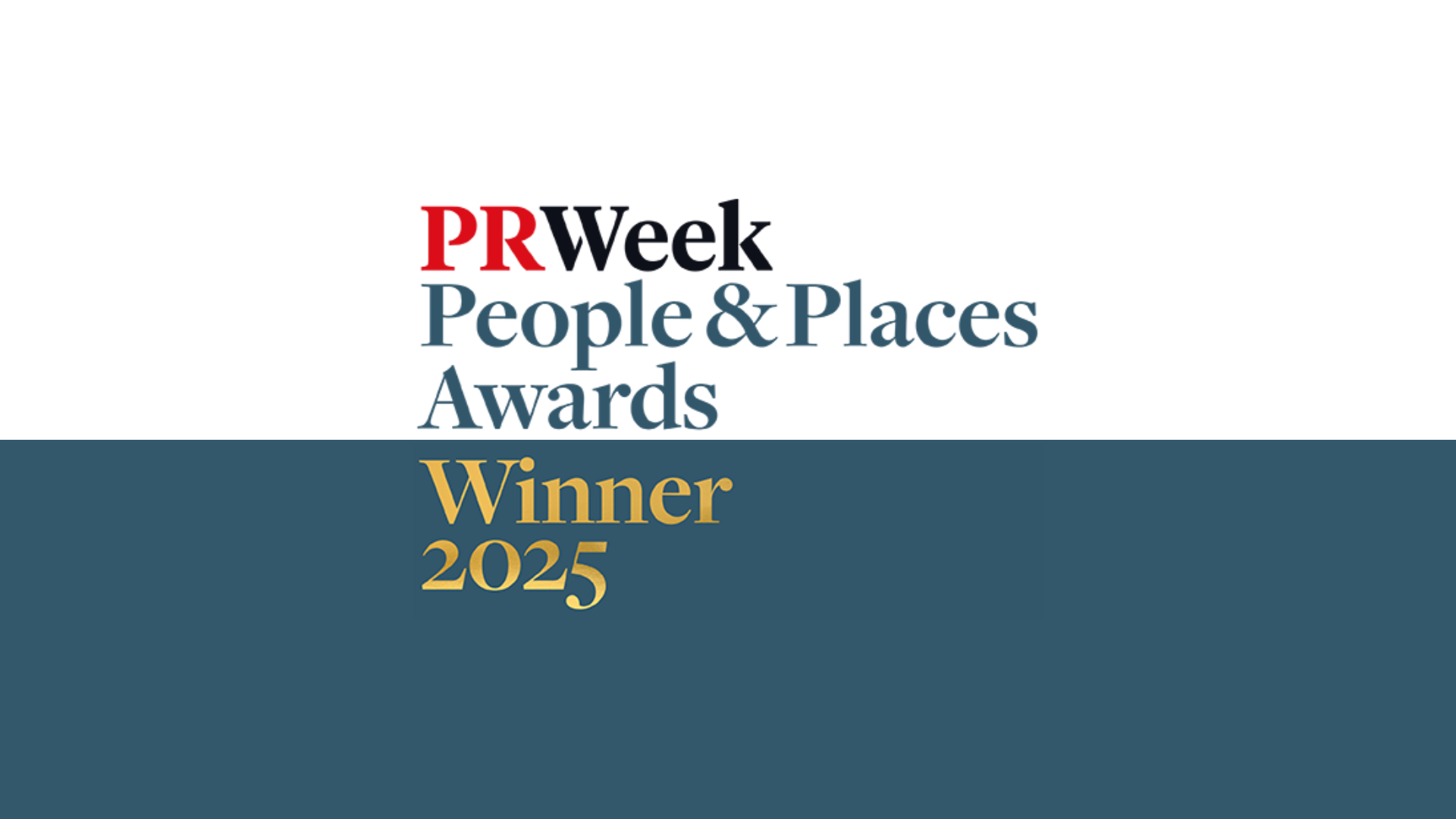Our research from Coleman Parkes, which surveyed 1,000 communications professionals in the UK. revealed that one in two people working in PR, marketing and comms experienced severe stress, anxiety or burnout on several occasions over the past 12 months. And while we’ve made strides as an industry in the past couple of years, with 83% of companies encouraging a culture of openness around mental health, the support is not hitting the mark. While 59% of companies have put mental health policies and training in place, 62% of employees wanted more effective action after opening up.
So, against the backdrop of a mental health crisis in the UK, what can leaders in our industry do? Here are three takeaways from the event that serve to enact real change:
- Care about people like human beings
The term HR is outdated. People are not ‘resources’, they’re humans with individual lives, personalities and realities. We talk about encouraging people to ‘bring their whole selves to work’. But it’s not about paying lip service, it’s about truly meaning it. That means allowing them to truly do just that. People are inherently complex and come with individual personal needs, and it’s important to fully embrace this. Understand their motivations, but also their fears. What’s more, investing in people’s wellbeing will make them more creative, productive and perform at their absolute best. Training Mental Health First Aiders is an important move. As is the recognition that people with mental health challenges will suffer good days and bad days – the effects, while invisible, are persistent. It’s also about recognising how they can bring forward the best version of themselves, as often as possible. - Be aware of the impact on the bottom line
It is OK to talk about cost when it comes to mental health. I’ve seen an unease in the past, concern that it might be crass – but it’s not. Even in today’s purpose-driven world, revenue generation and profit are critical. Poor mental health costs UK employers approximately £56 billion each year and this has increased 25% since 2019. People (engaged ones, at that) are an integral part of making a company successful, so opening up the conversation around mental health – and putting the right support mechanisms in place is not just about doing the right thing morally, but has a direct link to commercial results. - Look under the hood and examine your culture
During the event we heard lots about toxicity, and how the comms industry has a habit of saying… ‘marketing/PR has always been stressful, and that burnout is an inevitable and essential part of doing a good job’. In 2022, this is far from OK. We should be centering emotional intelligence in the boardroom, building diverse teams and fostering cultures of belonging. Many leaders (and ultimately, decision makers) have grown up in a sector where alcohol has traditionally played a starring role – from media and client relations, to company socials. One thing we can do, is to recognise alcohol’s adverse effect on mental health, but also how it’s also excluding people – whether that’s due to personal, or religious choice. How can we build the best teams, if we’re neglecting people who don’t drink?
There is no overnight quick fix, and we’re all on a journey. But this is not a challenge companies can (or need to) solve entirely on their own. But the time is now. Post-pandemic, people are re-prioritising their relationships with work, and making bold decisions about their careers. The fight for talent is real – and attracting and retaining talent is at the top of agendas.
The purpose of State of Us is threefold. Firstly, to educate. By sharing lived experiences through content and regular events we’ll help others. Secondly, to support. Lots of companies (agencies and in-house teams) are training mental health first aiders. We’ve launched the industry’s first Mental Health First Aider database. And last but not least, we will be a force for change. Create meaningful impact for the industry. Build a bridge between agencies and in-house teams, where tensions can exist and exacerbate mental health challenges.
Would you like to be a part of this change? Contact [email protected] to get involved.















